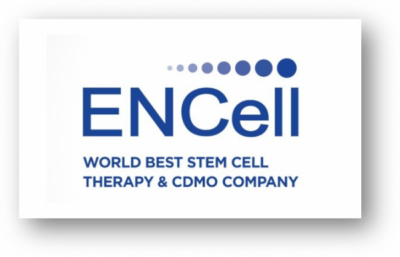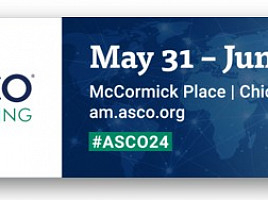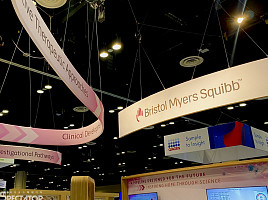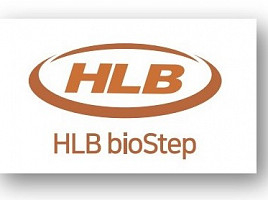기사본문
ENCell attracted the investment worth 10.1 billion KRW for next-generation stem cell therapy
입력 2020-03-23 10:38 수정 2020-03-23 10:38
by Naeun Bong

ENCell, a stem cell and cell therapy CDMO (Contract Development Manufacture Organization), has successfully attracted Series A investments worth 10.1 billion KRW. With the investment, ENCell plans to build the second GMP factory in Hanam and accelerate the speed of entering clinical trial on next generation stem cell therapy pipelines for Charcot Marie Tooth disease (CMT) and Duchenne muscular dystrophy(DMD).
The investment was participated by Samsung Venture Investment, Smilegate Investment, Kolon Investment, GU Equity Partners, Won & Partners, Evergreen Investment Partners, T Investment, and Dt& Investment.
ENCell is a faculty-initiated company of Samsung Seoul Hospital founded in March 2018 by Professor Chang Jong Wook of the Stem Cell & Regenerative Medicine Institute at Samsung Seoul Hospital. Immediately after its establishment, the biotech company started to conduct R&D with the initial investment from Won & Partners (SEED) and NTELS (TIPS).
ENCell, which currently uses the GMP facility of Samsung Seoul Hospital, secured a facility with a size of 3,434m² in Hanam, Gyeonggi-do, in August of last year, and plans to operate cGMP facility for production of cell gene therapy by building a negative pressure GMP and introducing an automated culture system. Through this, the company expects to expand its business from stem cell therapy to cell gene therapy.
◇ ENCell secures a cash cow with CDMO and develops stem cell treatment to rare muscle diseases
In January of last year, ENCell signed a CMO contract with Hanmi Pharm for anticancer gene stem cell therapy (HM21001) using bone marrow-derived mesenchymal stem cells (MSC). Currently, the company concluded a number of contracts for stem cell treatment with domestic research institutes including Asan Hospital and with bio venture startups such as Medinno and SNE BIO, as well as contract production with immune cell therapy developers.
The ultimate business direction of ENCell is to develop stem cell therapy. ENCell aims to develop general-purpose stem cell therapeutics under a strategy to extend the survival of patients through symptom relief.
ENCell extracts mesenchymal stem cells (MSC) from Warton’s jelly of the human umbilical cord and obtains early passage stem cells with reduced aging and preserved stem cell function through the separation culture technology called Enhanced Neo Cell Technology (ENCT). Through this, Enhanced Neo (ENCell) is developed to reduce production costs and variation in treatment efficacy.
The ENCell product is applied first to rare muscle diseases such as 'Charcot-Marie-Tooth disease (CMT)' and 'Duchenne muscular dystrophy (DMD)'. ENCell confirmed that it showed treatment efficacy through paracrine action of various proteins secreted when the ENCell product was injected into the body. Through this, we are currently conducting the toxicity test with the aim of obtaining approval for investigational new drug application (IND) within this year.
ENCell is the next-generation stem cell treatment that introduces specific genetic materials and takes up the challenge of developing anticancer treatment. To this end, ENCell recruited Dr. Lee Seungmin of Cardiovascular Reproductive Medicine, University of Munich, Germany, as director of the Cell & Gene Delivery Research Center (the second affiliated research institute). Director Lee Seungmin, who has been studying technology to improve the intracellular genetic transmission ability of adeno-associated virus (AAV), will play an important role in introducing new technologies of ENCell.
CEO Chang said, "ENCell is developing stem cell therapy engineered for the development of anti-cancer treatment at the phase of proof-of-concept (POC) and plans to enter the evaluation stage of toxicity test in the future.






